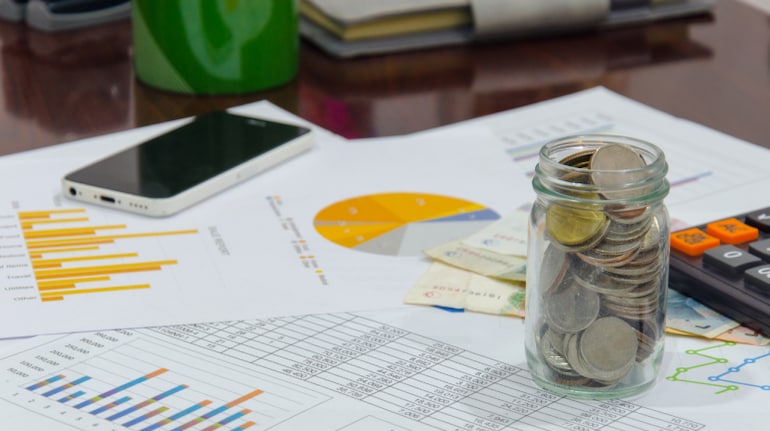



As the bull market roars, individuals tend to ignore costs in favour of returns, as the general alibi is that it doesn’t matter what the cost is as long as the return is positive. Is this the appropriate method for evaluating an investment? Maybe not. Therefore, I'll make the case for why costs and returns are significant and frequently (tangibly and intangibly) interrelated.
High costs equate to lower returnsThe money you spend on a mutual fund's expense ratio, a PMS management fee or profit-sharing arrangement, insurance, or any other product is money that you pay out of your own pocket and is used to pay the company's manufacturer, distributor, and all other stakeholders, who are ostensibly working to generate returns for you, the investor.
Listen | Do international mutual funds still make sense for Indian investors? Simply saveThe issue is that we tend to forget that "returns are lumpy and non-linear while costs are certain and regular" as a result of our "recency bias", which causes us to extrapolate recent gains and believe costs wouldn't matter. Then, even for a brief period of time, when the tide flips, those same returns begin to haunt us, even though we may have thought we were done with the investment and had no possibility of getting our money back.
Inefficient products can sometimes lead to high costsTax-free bonds, government schemes, and other extremely alluring products do not have expense ratios since investors choose to purchase them on their own, with or without the assistance of a distributor or agent. The same cannot be said about exotic or locked-in products, where the product must be pushed to the end user in order to make it worthwhile for the distributor. There is no better way to ensure that the product is sold — and occasionally forced down people's throats — than by offering a high commission.
Also read | Festive season splurge: 5 smart tips to keep your budget on trackIn order to determine whether a good product or commissions were the reason for the transaction, it is crucial to ask the distributor about their commission. Both can be true at times, but they are rarely the case. In reality, if you look at history, expensive products make up the majority, if not the whole list, of failed ventures.
Which costs affect returns and which costs are ignored?Profit share: If you opt for a profit share, the fund will give you a portion of the earnings it makes. However, be aware that even if you go on to lose money in the future, the sum they charged you won't be refunded if they made a profit first. However, the idea of a greater waterfall merely ensures that the next time they receive a profit share, it will be after the point at which they took the gains previously.
The phrases "with or without catch-up" and "hurdle rate" are also crucial to keep in mind. The hurdle rate is the rate at which the fund begins to charge the share, i.e., a profit share is charged if the fund earns an 8 percent return. Ironically, if the rules specify catch-up in a circumstance where the fund approaches the hurdle number, it is qualified to receive a profit share on the total return. This amount of 8 percent is known as the hurdle rate. For example, if a fund's return is 10 percent and its hurdle is 8 percent, in a no-catch-up scenario, the fund will charge its share of 10-8 percent, or 2 percent, while in a catch-up scenario, it will charge the whole 10 percent.
Also read | Higher TCS on foreign spends: Credit cards exempt for now, book flights, hotels separately to minimise tax impactThere are numerous other expenses that one should be aware of and should thoroughly explore with the financial advisor.
Returns are obviously the most significant factor, but over the long term, if they are not produced in a disciplined and cost-effective way, it is likely that they will soon evaporate. So, finding a balance is essential.
(Vivek Banka is a Co-Founder of Goalteller, a SEBI-registered investment advisory firm)Discover the latest Business News, Sensex, and Nifty updates. Obtain Personal Finance insights, tax queries, and expert opinions on Moneycontrol or download the Moneycontrol App to stay updated!
Find the best of Al News in one place, specially curated for you every weekend.
Stay on top of the latest tech trends and biggest startup news.